In praise of alarm clocks
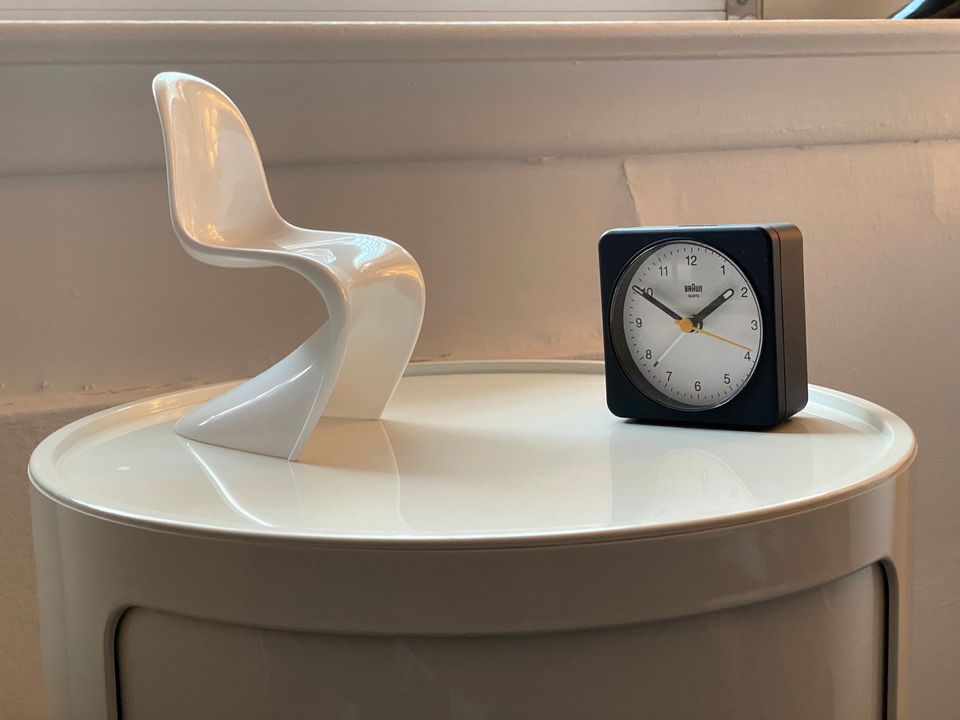
Autumn is a season of clocks. After summer's expansiveness, the tick-tick-tick of dwindling daylight hours reminds us of what time it is, whether we like it or not, culminating in the explosive countdown of December thirty-first.
It makes sense to ease the pressure by making friends with time – and a simple way to do this is to reconsider the clocks in your life. You may not realize it, but the method you use to check the time is influencing the way you experience it.
For years, the clock that governed a third of my life – my sleeping hours – was my cell phone. My last task before bed was setting its alarm and my first task in the morning was tapping the big orange Snooze button repeatedly, until the day's mounting urgency convinced me to tap the much smaller Stop button instead.
Or I thought this was the routine. In reality, the setting of the alarm was accompanied by checking email, scrolling through Instagram, monitoring alerts and updates of various kinds, all in a frantic last attempt at making sure everything was settled enough for me to end the day in good conscience.
In the morning, the hitting of Stop was actually the start – of more checking, scrolling, monitoring, the persistent rhythm shaping my ambient awareness for the next sixteen hours.
An experiment
As someone known to praise vintage tech, I thought going retro with sleep would be fun. So I bought an alarm clock – an analog model by Braun – and evicted my phone from its night-time location, giving this strange new bedside tenant a try.
It's only been a week and I already feel different. With my phone at a safe distance, bedtime is calmer. My sleeping brain is no longer twinned with a hectic emissary of false emergencies.
Mornings are better too. The alarm starts quietly and gives me time to react before it crescendos. The snooze button is cleverly placed on the underside, activated by giving the clock a gentle tap on the head. The off button is a substantial block on top that snaps into place like Lego, so much more satisfying than touching textureless glass.
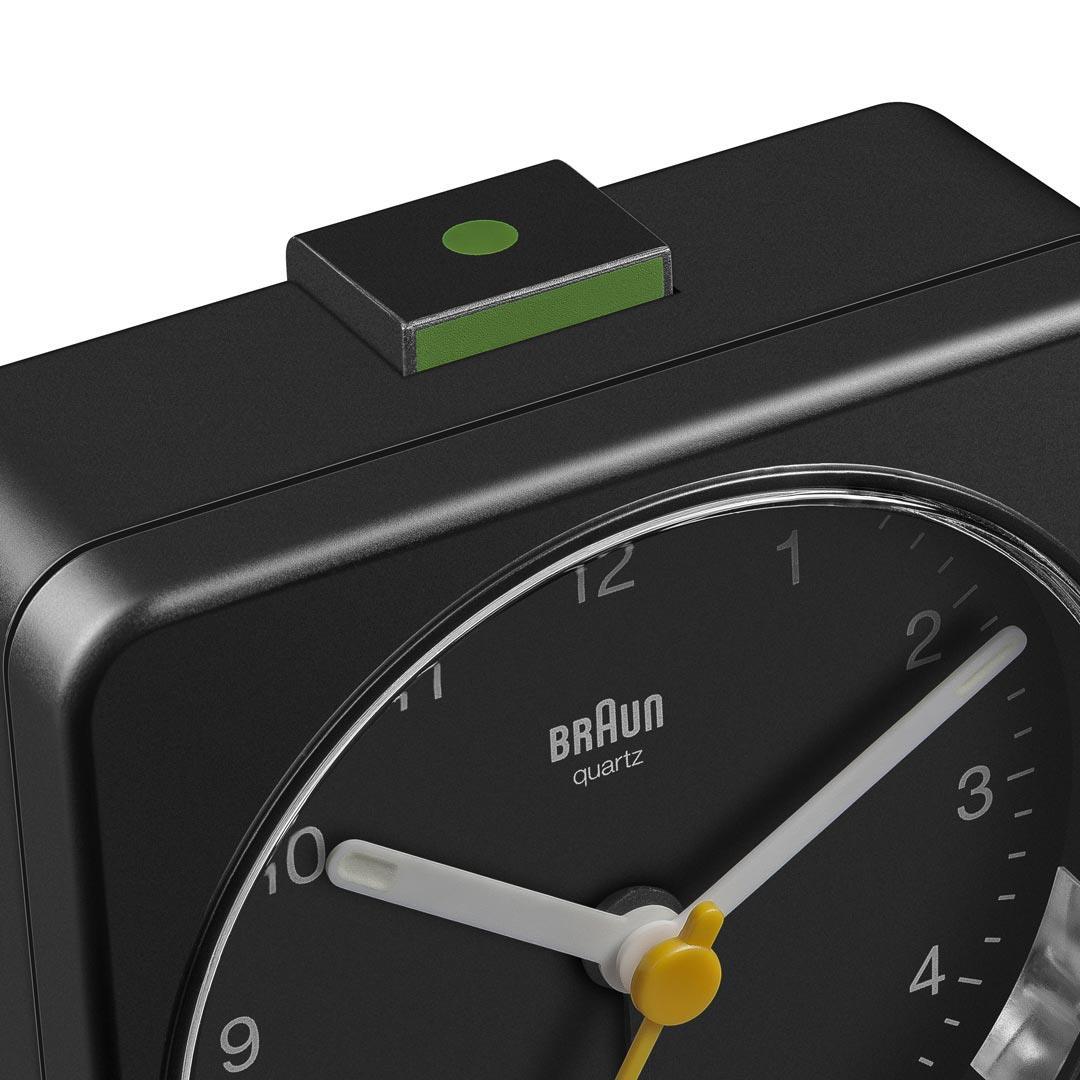
I like the clock as much for what it doesn't do as what it does. It's never going to tell me when to go to bed, or measure my REM sleep, or interpret my dreams, or trumpet headlines or storm warnings or break-up texts or signs of the Apocalypse. It's just going to wake me up. And guess what: the rest of the time, it's completely silent.
In short, it's a fine companion. It takes the "alarm" out of alarm clock. Created by design legend Dieter Rams, it proves that giving material form to thought can actually transcend time, becoming timeless.
It's also a reminder that we can shape our experience of time more than we tend to believe. As fall ticks along, that's a comfort.
Affectionately,



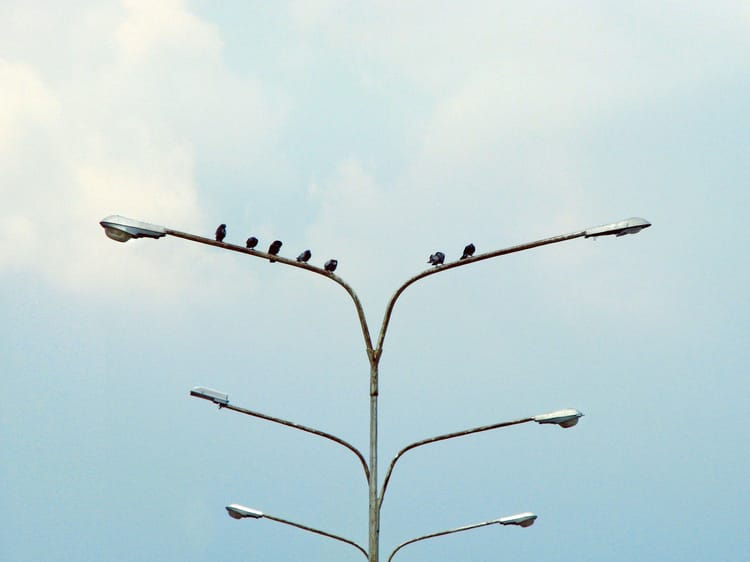

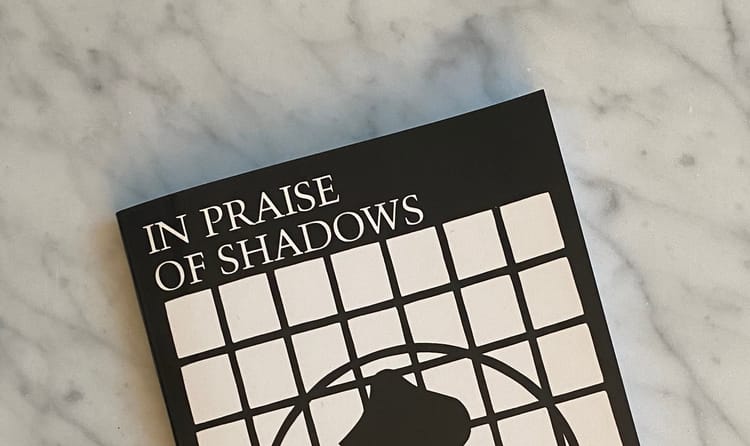
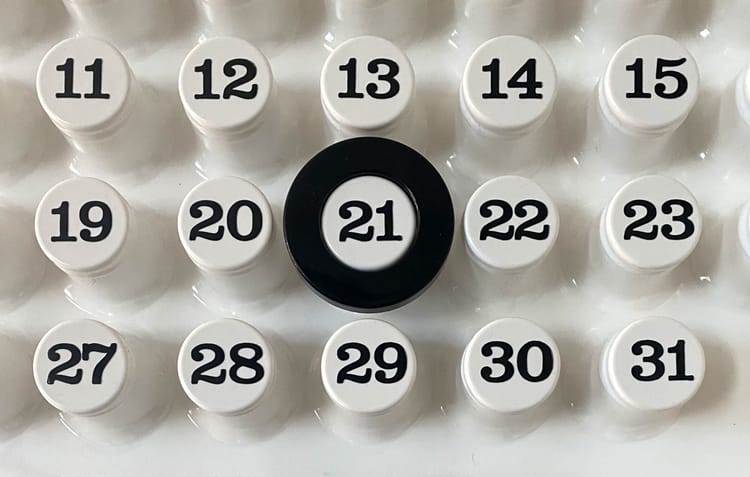
Member discussion